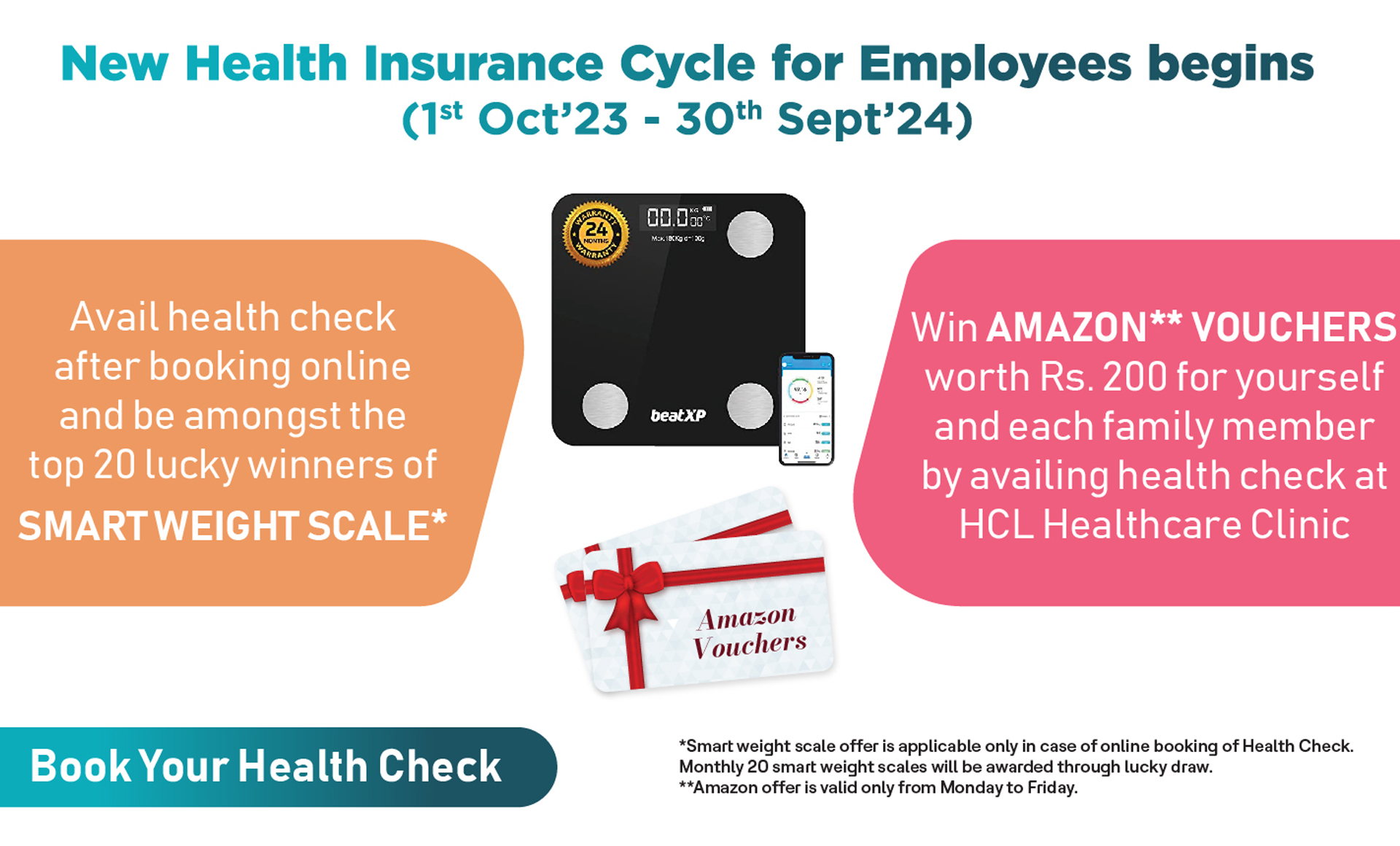Did you know that heart health is becoming a pressing concern, especially in the post-Covid era? Recent statistics reveal that Indians, already susceptible to dietary habits and prevalent conditions like diabetes and hypertension, are witnessing a sharp rise in sudden heart attacks.
Shockingly, even the younger generation isn’t spared. As we grapple with this alarming state, it’s imperative to ask: Are we doing enough for our heart health?
This World Heart Day let’s delve deeper into this issue and pledge to prioritize our cardiovascular well-being.
The Stagnation and Surge of Cardiovascular Disease
Cardiovascular diseases (CVD) have long been at the forefront of global health concerns. While there have been strides made against CVD, the present landscape paints a concerning picture:
- Surge in Numbers: Over 20.5 million lives have been claimed by CVD, amounting to nearly a third of all global deaths. This marks a significant jump from the previously estimated 121 million CVD-related deaths. Presently, cardiovascular diseases affect more than half a billion people worldwide.
- The Preventable Tragedy: The most alarming factor is that up to 80% of premature heart attacks and strokes can be prevented. We’ve seen unprecedented advancements in cardiovascular medicine over the past 50 years. Yet, a vast proportion of global populations, particularly those in dire need, lack access to diagnostic tools, preventive measures, and treatment for CVD.
- A Concern of Health Equity: The majority of CVD deaths, about 4 out of every 5, occur in low- and middle-income nations. Conversely, progress in CVD health is predominantly seen in high-income countries. This stark disparity underlines a pressing need to address the evident health inequities.
- Localized Solutions for a Global Problem: Addressing CVD requires a nuanced approach tailored to specific populations. Factors like tobacco and alcohol consumption, sodium intake levels, exposure to detrimental air pollution levels, and physical activity rates vary by region. Policymakers and stakeholders must meticulously analyze these risk factors in their respective regions to identify and address the areas that need urgent attention.
- In essence, while we’ve made commendable progress in battling CVD in the past, the current rates are alarming. A tailored, inclusive, and aggressive approach is crucial to steer the global community back towards a healthier trajectory.
World Heart Day 2023: A Call to “Use Heart for Every Heart”
Every year, World Heart Day is observed to emphasize the importance of heart health, shedding light on the ways we can keep our heart beating strong. This year’s theme, as declared by the World Heart Federation, resonates with both our physical and emotional well-being: “Use Heart for every Heart.” Let’s dive deep into the essence of this theme and the various dimensions it touches.
1. A Dual Message for Heart Health
While most might assume that World Heart Day solely emphasizes physical heart health, this year’s theme urges us to look beyond. It encourages not only ensuring our heart’s well-being but also to tap into the emotional realm and consider the hearts of others.
- Tending to Emotional Bonds:
Our hearts aren’t just pumping machines. They are deeply interwoven with our emotions and sentiments. This theme invites us to be more empathetic, understanding, and sensitive to the emotions of those around us. It’s about leveraging our feelings to connect, support, and uplift others. - Leading by Example:
When it comes to the physical aspect, it’s about setting a precedent. Guiding society towards heart health by exemplifying good heart practices ourselves.
2. Three-Fold Approach to Heart Health
Heart for Humanity: A staggering 75% of cardiovascular diseases manifest in low to middle-income countries. To genuinely use our hearts for every heart, it’s paramount that we step up, spread awareness, and provide aid to these regions, whether in the form of financial help, resources, or knowledge dissemination.
Heart for Nature: Our actions have led nature to retaliate, with 25% of heart-related deaths linked to air pollution alone. It’s high time we shift our efforts towards restoring the environment. A cleaner planet means healthier hearts for its inhabitants.
Heart for Ourselves: The old adage goes, “Charity begins at home.” Taking care of our heart by adopting healthy lifestyles, managing stress, and practicing regular check-ups ensures we are in a position to help others.
Revitalize Your Heart: 5 Proven Steps to Cardio Bliss
1. Commit to Daily Physical Activity:
- When: Ideally in the morning or late afternoon.
- What to Do: Engage in at least 30 minutes of moderate-intensity exercise like brisk walking, cycling, or swimming. This helps lower bad cholesterol levels and increases good cholesterol.
2. Adopt a Heart-Healthy Diet:
- When: Every meal.
- What to Do: Incorporate foods rich in omega-3 fatty acids, like salmon, walnuts, and flaxseeds. Limit saturated fats, sugars, and sodium. Opt for whole grains, lean proteins, and plenty of fruits and veggies.
3. Regular Health Check-ups:
- When: At least once a year or as recommended by your doctor.
- What to Do: Keep tabs on blood pressure, cholesterol, and sugar levels. These metrics provide critical insights into your heart’s health, enabling timely interventions.
4. Stress Management Techniques:
- When: As often as needed, especially during stressful periods.
- What to Do: Engage in mindfulness practices like meditation, deep breathing exercises, or yoga. They not only rejuvenate the mind but have proven benefits for heart health.
5. Limit Alcohol and Quit Smoking:
- When: Immediately and continuously.
- What to Do: Limit alcohol intake to moderate levels (up to one drink a day for women and up to two for men). If you smoke, seek help to quit. Both alcohol and tobacco have detrimental effects on heart health.
To Sum it Up: The Essence of World Heart Day
Understanding the severity of heart diseases and their widespread impact makes the commemoration of World Heart Day more crucial. It serves as a reminder to introspect, evaluate our habits that could be detrimental to our heart, and rectify them promptly.
In embracing this year’s theme, let’s pledge not only to use our hearts to ensure its physical health but also to extend values of empathy, understanding, and care towards every heart out there. Because every heartbeat matters.







